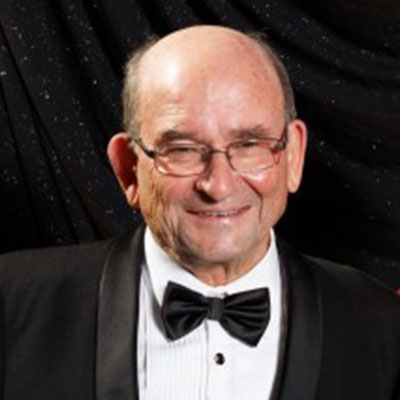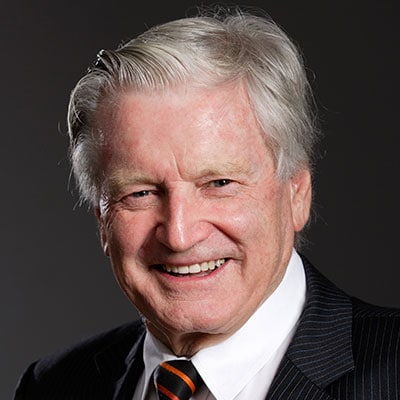A demyelinating event occurs when myelin — the protective coating around nerve fibers — experiences damage; this status is also known as clinically isolated syndrome (CIS). According to the study, Mavenclad given at early stages of disease development might delay or even prevent progression to MS.
The study, “Early MRI Outcomes in Participants With a First Clinical Demyelinating Event at Risk of Multiple Sclerosis in the ORACLE-MS Study,” was published in Multiple Sclerosis Journal – Experimental, Translational and Clinical.
Mavenclad, a disease-modifying oral tablet developed by EMD Serono (Merck KGaA outside of the U.S. and Canada), is approved to treat relapsing forms of MS. Its efficacy has been demonstrated in several clinical trials.
One such trial, a Phase 3 study called ORACLE-MS (NCT00725985), showed that taking Mavenclad after a first clinical demyelinating event lowered the risk of conversion to clinically definite MS, meaning it delayed MS onset.
To be eligible for the study, patients had to have at least two clinically silent lesions on MRI at screening. Additional MRI scans were taken about every three months thereafter. The study lasted 96 weeks (almost two years).
“ORACLE-MS therefore provided an opportunity to evaluate temporal changes in MRI activity and onset of treatment effects on brain lesions,” the researchers wrote.
Data analysis after ORACLE-MS was completed showed that Mavenclad tablets at the approved dose of 3.5 mg/kg reduced the number of T1 lesions highlighted using gadolinium (a contrast agent) by 85.3%, and that of T2 lesions by 78.4%, compared with a placebo. (T1 and T2 refer to different methods used to generate images on MRI; T1 lesions represent areas of active, ongoing inflammation, while T2 lesions are areas where inflammation has caused damage, regardless of whether there is ongoing inflammation at the time of the scan.)
Mavenclad (at 3.5 mg/kg; one of two trial doses) also reduced the number of combined unique active lesions (lesions detected on T1 or T2, or both, avoiding double counting) by 82.2% compared with the placebo.
The reduction in lesion number was observed starting at 13 weeks after the initiation of Mavenclad (3.5 mg/kg) treatment, and low lesion counts were maintained throughout the 96-week study period.
Lesion volume was also lower in patients treated with Mavenclad (3.5 mg/kg) compared with those on a placebo. Again, the reduction in lesion volume was observed within 13 weeks after treatment initiation, and the effect was maintained throughout the entire study.
Similar results were obtained with Mavenclad tablets at the 5.25 mg/kg trial dose.
“The findings from ORACLE-MS generally provide support for the benefits of treatment intervention during early MS disease, as cladribine tablets treatment delayed or prevented MS,” the researchers wrote.
“Further study would be needed to evaluate an additional benefit of institution of therapy at presentation with [a first clinical demyelinating event], … as there was a delay between [the] presentation and the start of the treatment,” the team added.
In the ORACLE-MS study, the time between a first clinical demyelinating event and screening was up to 75 days.
Margarida Maia
Fact Checked By:
Patricia Silva PhD
Patrícia holds her PhD in Medical Microbiology and Infectious Diseases from the Leiden University Medical Center in Leiden, The Netherlands. She has studied Applied Biology at Universidade do Minho and was a postdoctoral research fellow at Instituto de Medicina Molecular in Lisbon, Portugal. Her work has been focused on molecular genetic traits of infectious agents such as viruses and parasites.
Article published by multiplesclerosisnewstoday.com.











